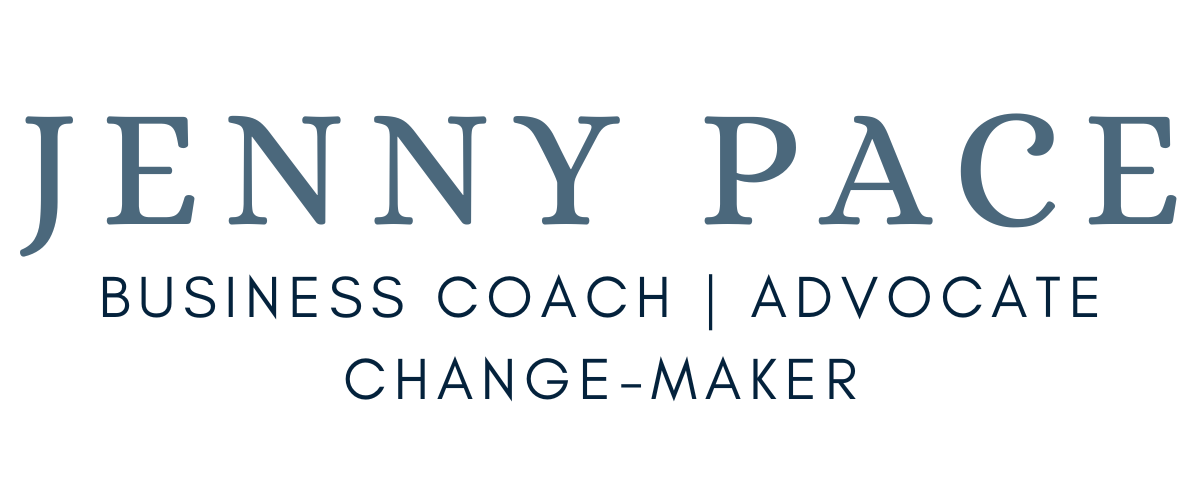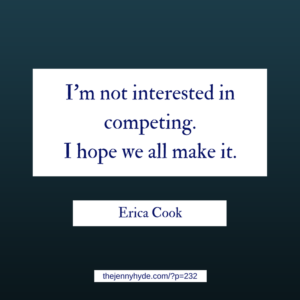 It’s a funny time of year, November.
It’s a funny time of year, November.
You might be finding, like several of my clients, that Christmas sales are slow so far, that Christmas is following a pattern of getting later each year. That, perhaps, customers are now expecting Black Friday in all its dark, looming glory.
I remember saying, back in April, that it’s still possible to launch great products, talk about them, and sell them for Christmas, without all the forward planning that’s expected and primed by journalists and bigger companies. I still believe that, though time is kind of at its last now. (Translation: if you want to sell something for Christmas, you should probably have it live and finished now.)
In that post from earlier in the year, and with much of my work, I aim to help clients and readers juggle priorities, often between short-term, deal-with-it-right-now, get-the-sales-in stuff and long-term stuff of dreams. I often talk about the difference between urgent and important (more on this below), which we tend to muddle up in the day to day.
At Christmas, over the coming weeks, it usually becomes purely about the short-term. It’s time to just get the orders out, just keep on top of stock levels, just make and sell – no long-term planning, nothing particularly strategic, save for the odd strategic coffee run.
I get that, and I encourage it. Please avoid trying to write your five year business planning in the next eight weeks!
But.
(You knew there was a but coming, right?)
But, I do truly encourage you to keep a little notebook to hand, or a spreadsheet open, to make a note of the things that happen each day during the Christmas sales period. A place to write down how sales are going, how many hours your and your staff did that day, how your stock levels are going, whether you were featured, whether you ran out of anything or encountered any disasters (from staff being sick to the postman turning up late to running out of printer ink).
Keeping records like this, making notes of the learnings as they happen, will help you to dissect more accurately what went well and what didn’t at Christmas. Past experience helps us to anticipate future experience, and knowing what you could do differently next year will help you infinitely.
I posted a little note about this of Facebook earlier in the week, and Betsy Benn made herself a snazzy notebook, which I’m sure she’d happily share, should you wish:
Here’s the thing:
Yes, get completely stuck into the day to day over Christmas. Focus purely on orders and keeping going.
But, out of the corner of one eye, in a little space in your heart, know that there is a whole future beyond Christmas that’s worth a little of your time.
Think of keeping notes as a way of sending messages to your future self. (You can pretend to be in Back To The Future if it helps…) “Ran out of wrapping paper.” “Supplier not picking up, and extended lead times.” “Staff member sick, so calling in the cavalry (mum).”
Whatever your experiences are, you’ll appreciate being able to read them back in black and white after Christmas, so that you can remember them accurately and make plans based on facts, as well as feelings.
A little note on urgent and important:
- Take a black page or piece of paper
- Divide it into four quarters
- Across the top, mark the columns as ‘urgent’ and ‘not urgent’
- Down the right hand side, mark the rows as ‘important’ and ‘not important’
- You now have four segments to fit your to do list into:
- urgent and important
- urgent, not important (like replying to a Facebook message, or dealing with a sales call – it’s happening right now, but it’s not helping your business)
- important, not urgent (all the things that are going to make a difference to your business, but fall to them bottom of the list)
- not urgent and not important (most social media, or piddling about)
We tend to get caught up in what’s important, but the wiser businesswoman shifts her gaze to what’s important, and not urgent, because that is usually where the most value lies.
Wherever you’re at, whatever your Christmas plans, I wish you all the best in the coming weeks. I’ll be here, should you stumble or need a clear thought. And I hope you keep track of what you’re up to.
Jx




